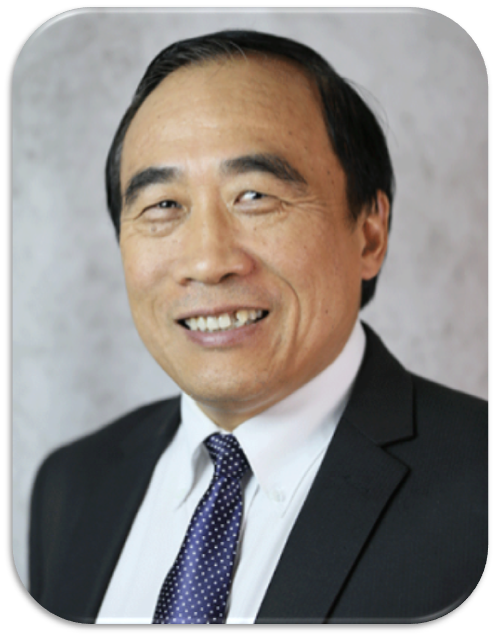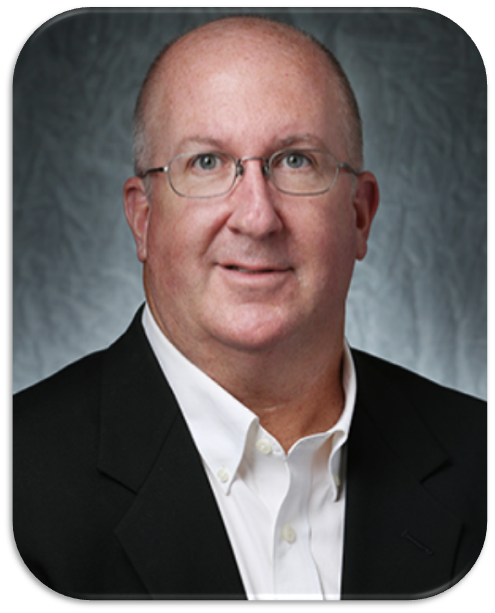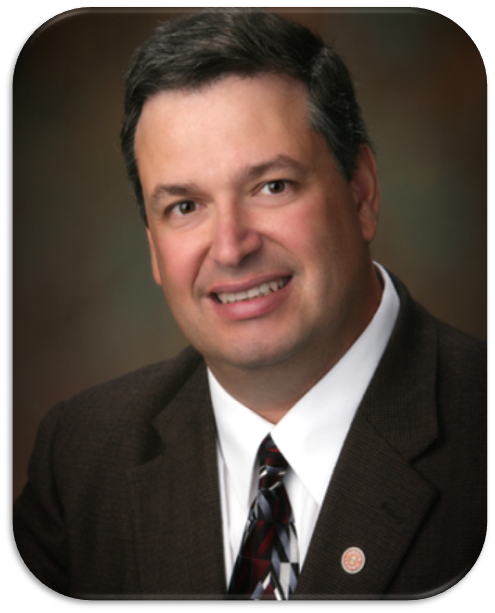Environmental Engineering
Driven by a passion for sustainability and reducing man’s impact on our global ecosystems, environmental engineering at the civil and environmental engineering department tackles some of the world's most urgent environmental-related challenges. Our recent research focuses on developing innovative treatment technologiesfor managing pollution, incorporating cutting-edge technology and sustainable practices and strategies to reduce the impact of wastewater effluents on the ecology, provide cleaner water to society, study the impacts and fate of pollutants, protect the environment, and promote resource recovery and waste minimization. All ecologicalmatrices are studied including water, air, and soil.
on developing innovative treatment technologiesfor managing pollution, incorporating cutting-edge technology and sustainable practices and strategies to reduce the impact of wastewater effluents on the ecology, provide cleaner water to society, study the impacts and fate of pollutants, protect the environment, and promote resource recovery and waste minimization. All ecologicalmatrices are studied including water, air, and soil.
CURRENT ONGONG RESEARCH PROJECTS
PFAS removal from drinking water. This project addresses the pressing challenge of per- and polyfluoroalkyl substances (PFAS) contamination in the US. Our team is pioneering novel materials to eliminate these persistent pollutants from water through adsorption and destruction techniques to safeguard ecosystems and human health.

Lithium extraction from aqueous solution. As global demand for lithium rises, our team is at the forefront of sustainable lithium extraction from water sources, including brine and wastewater. This project emphasizes environmentally responsible approaches to recovering this critical resource, vital for energy storage and the renewable energy revolution.
Tellurium recovery from end-of-life solar panels. Recognizing the importance of resource recycling in the renewable energy sector, we are advancing technologies for the recovery of tellurium from end-of-life solar panels. This critical material, essential for high-efficiency photovoltaic cells, is recovered using innovative methods that reduce waste and promote circular economic principles.
Removal of Carbon Dioxide using advanced microalgal direct air capture within engineered photobioreactors. Carbon dioxide is the primary greenhouse gas of interest to global society. The potential for microalgae to remove this pollutant from air streams exiting wastewater treatment plants are being studied. Key study goals are to quantity potential heterotrophic growth within the photobioreactor, impacts of carbon dioxide levels on microalgae health, and evaluation of fermentation components to ensure maximum pollutant uptake. Additionally, the extent of protein and lipid production are being tracked to allow usage of the harvested algae for production of industrial chemicals.
Use of anaerobic digestion for production of methane and hydrogen using human-derived wastewaters from a Mars human camp. When man inhabits a housing camp on Mars, they will produce wastewaters that require some level of recycling to ensure maximizes use of valuable resources. This study evaluates how anerobic digestion could be modified to yield very low effluent pollutant levels while maximizing both methane and hydrogen production. Developing a low volume, low weight digester system was evaluated to reduce load requirements for transit to Mars.
methane and hydrogen production. Developing a low volume, low weight digester system was evaluated to reduce load requirements for transit to Mars.
PAST KEY RESEARCH PROJECTS
- Biotreatment of organic pollutants within soil matrices (example pollutants studied included petroleum hydrocarbons, explosives, and solvents).
- Chemical oxidation treatment of contaminated waters and soils.
- Development of natural adsorbents for sustainable water and air treatment.
- Production of biogas from confined animal raising facilities.
- Recovery of lipids from wastewater treatment plant systems.
- Field Investigation of the Wave Suppressor Sediment Collection (WSSC) System, a Highly Effective System for Shoreline Protection and Sediment Retention.

Please contact Dr. Daniel Gang or Dr. Mark Zappi to join the research group or to know more about the current and pending research studies.

Dr. Daniel Gang, PE, F.ASCE
Environmental Engineering
Email: Gang@louisiana.edu
Website: https://userweb.ucs.louisiana.edu/~ddg7603/index.html


Wayne W. Sharp, MS, PE Dr. Mark E. Zappi, PE
Environmental Engineering Environmental Engineering
Email: wayne.sharp@louisiana.edu Email: Zappi@louisiana.edu
Website: https://energy.louisiana.edu
